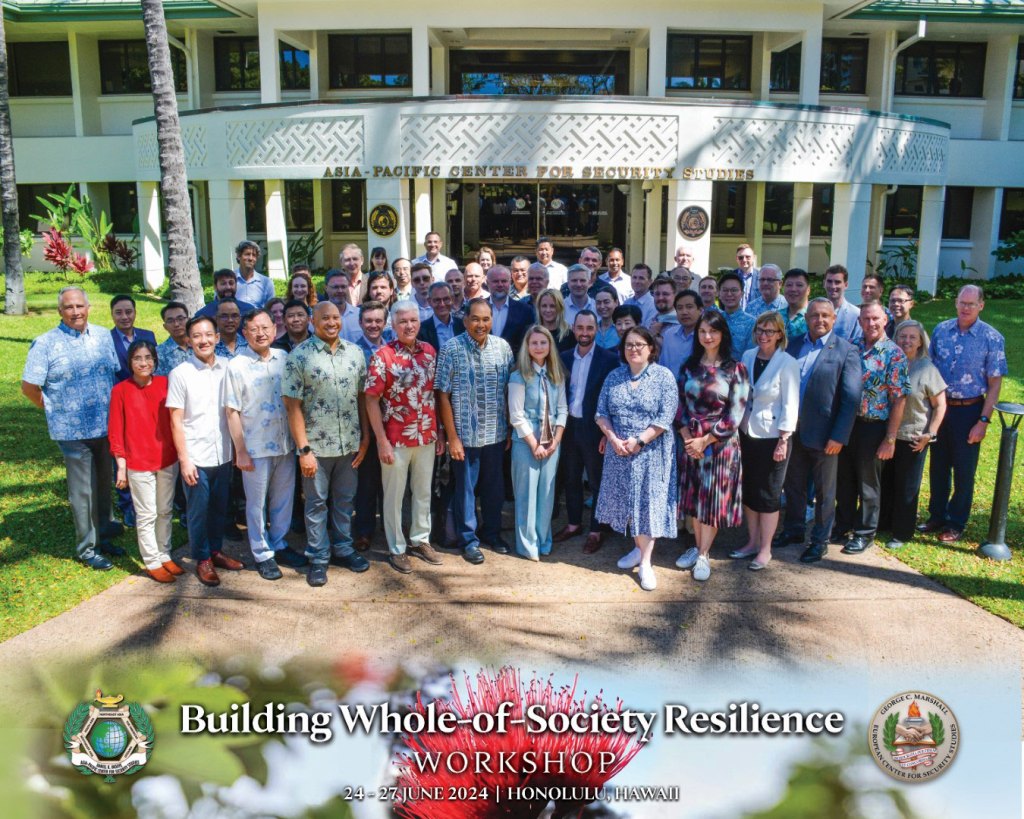
Looking at ways to counter global hybrid threats and malign influence was the focus of a workshop on “Building Whole of Society Resilience” held June 24-27 in Honolulu.
The three-day workshop, hosted by the Daniel K. Inouye Asia-Pacific Center for Security Studies and the George C. Marshall European Center for Security Studies, brought together more than 40 experts from around the world to exchange lessons learned and best practices on building resilience.
“This workshop is the second in a series of events aimed at sharing international experiences and best practices in countering these threats,” said workshop lead Dr. Sam Mullins. “We planned this event to emphasize building whole-of-society resilience and cooperation so that those who are targeted are able to lessen the impact, adapt, and ‘rebound forward’. “
Objectives for the workshop included:
- Increase participant understanding of hybrid threats and related vulnerabilities;
- Exchange lessons learned and best practices in building resilience;
- Identify key areas for expanded cross-sectoral and international cooperation among likeminded allies and partners;
- Facilitate ongoing professional networking in order to continue these exchanges beyond the current workshop.
“While we’re globally confronting similar grey zone intrusions and irregular warfare, we seldom come together in a global way that is represented via this workshop, which increases the strength of our partnership for dealing with this acute security challenge,” said Marshall Center Director Barre Seguin.
Some of the key takeaways from the workshop included:
- Resiliency is an enduring effort, not an end state.
- There is growing recognition of the importance of sharing best practices and lessons learned.
- It is vitally important to continue to build awareness across the whole of society.
- The term “hybrid threats” my not resonate with civil society. There needs to be better narratives that explain these threats and which convey an appropriate sense of urgency across various communities, as well as nationally, regionally and internationally.
- Nations need to resource (people, plans, and programs) for resiliency and make clear their expectations.
- Rebuilding trust within our communities/countries will lead to better resiliency.
This workshop is the final one for DKI APCSS Director Pete Gumataotao.
“It’s enormously pleasing to me to see this enduring effort, working in consonance with our fellow regional Center, on a topic that is so relevant across our boundaries. As we saw during COVID, resilience is essentially across the whole of society,” he said.
He concluded by saying, “This workshop brings in so many different organizations, at the right level, to discuss things to develop a more resilient way ahead. We are taking a global view because the world is listening. Having countries from both the Indo-Pacific and Europe attend this workshop is a testament to how well the regional centers are working in concert.”


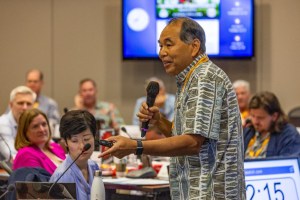
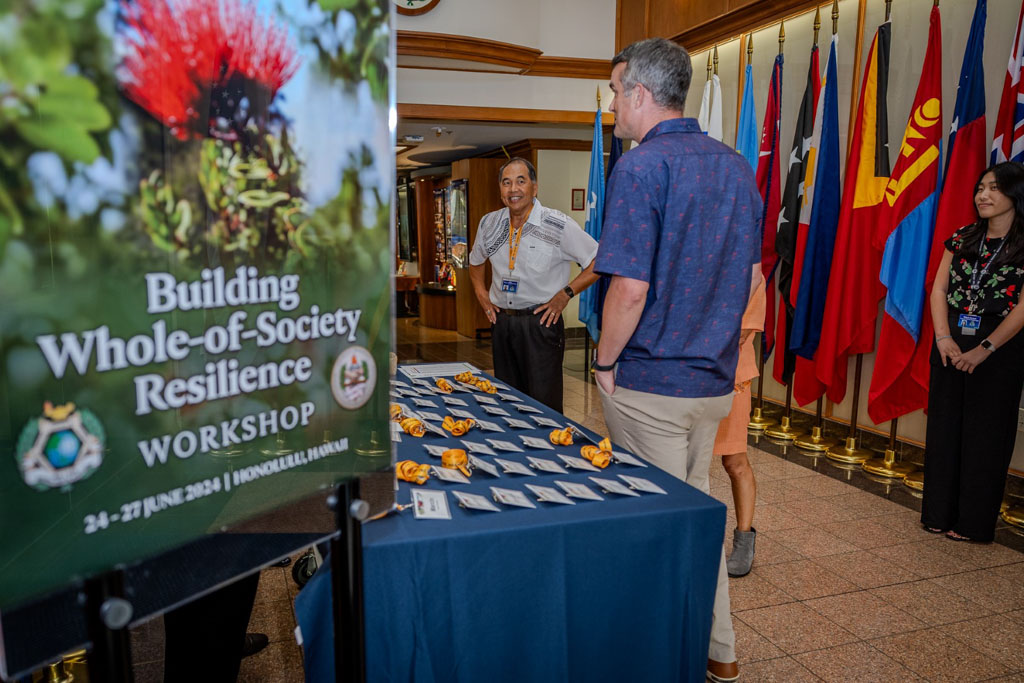
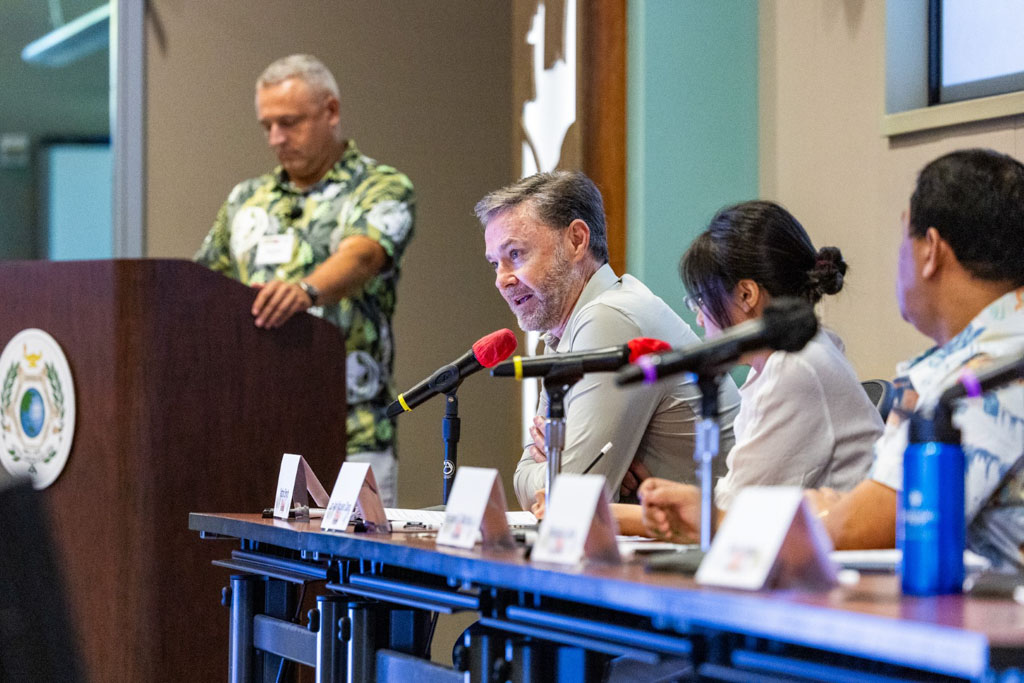
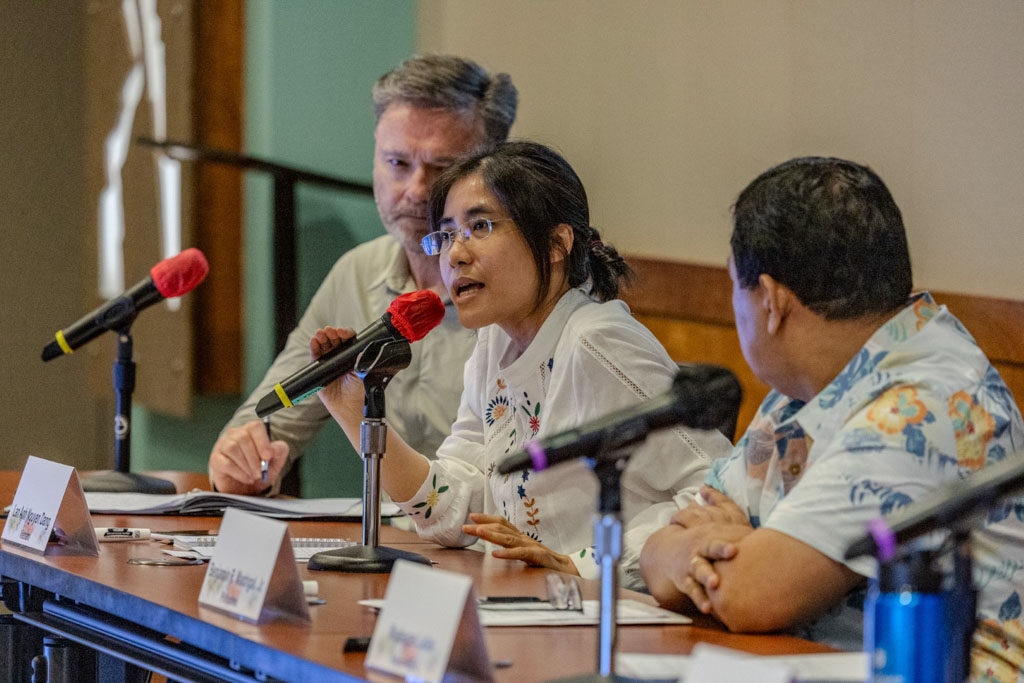
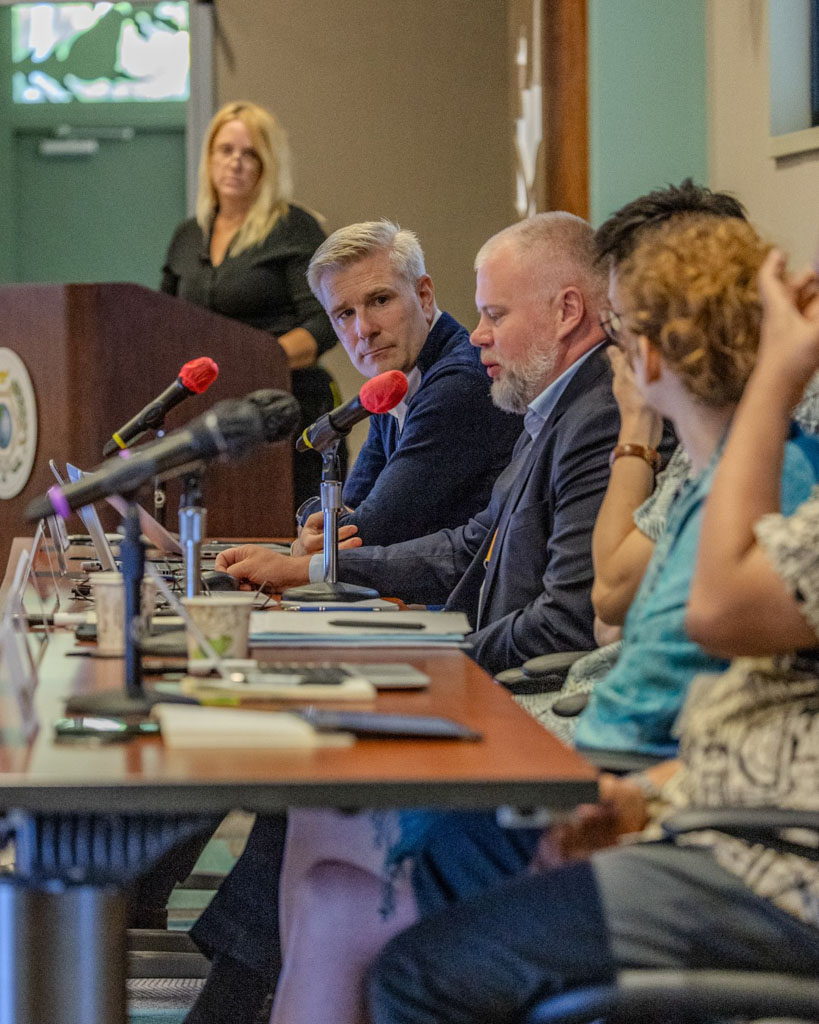
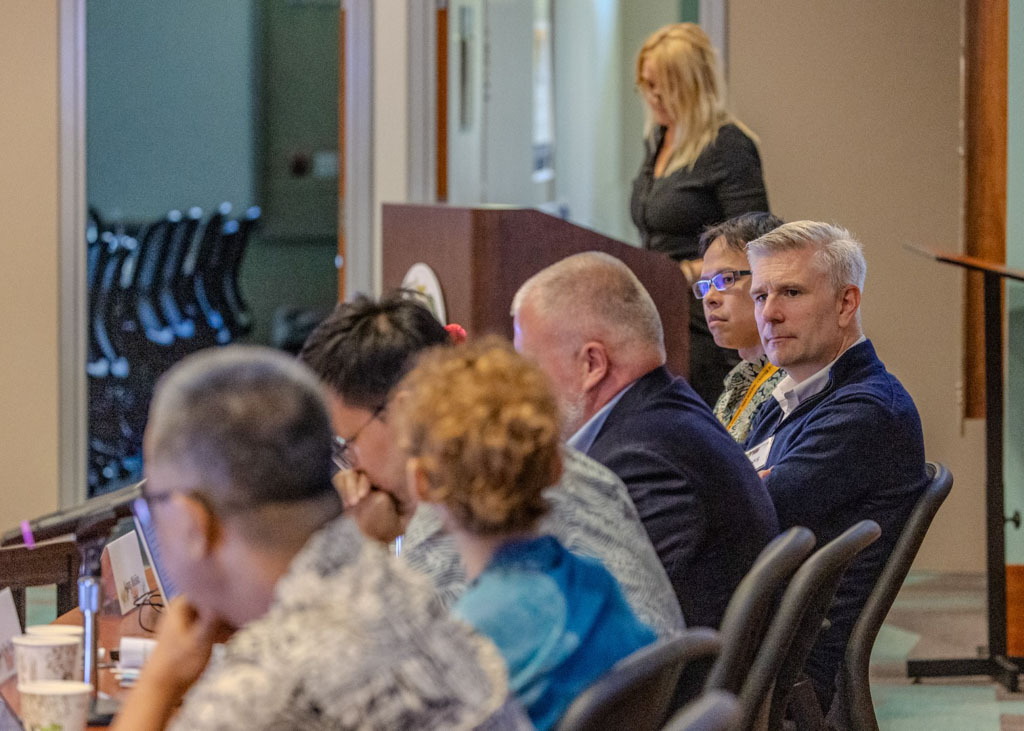
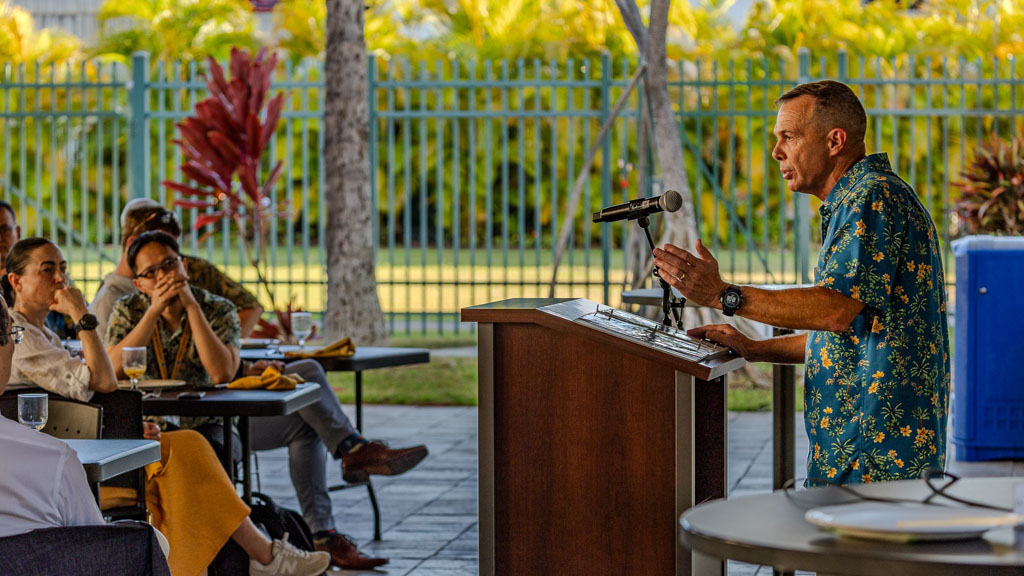
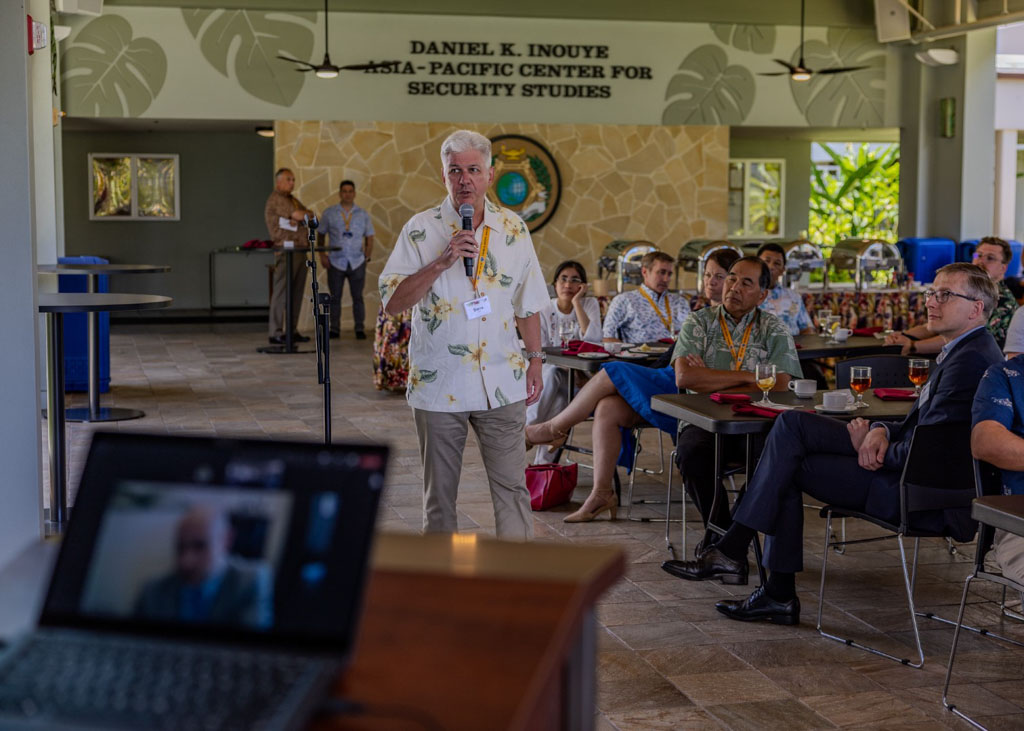
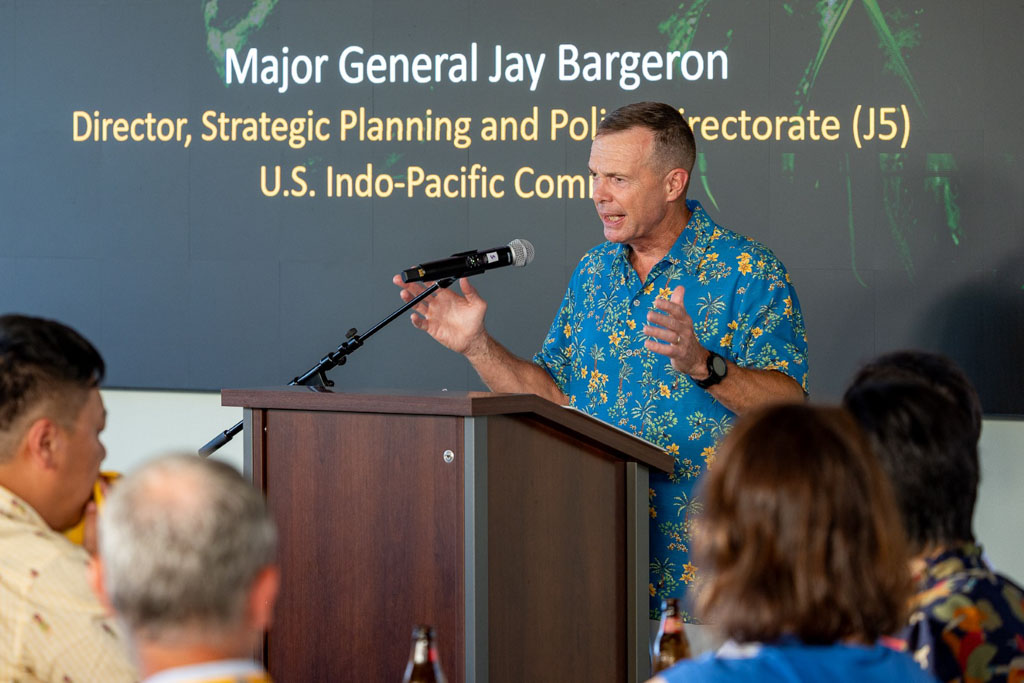
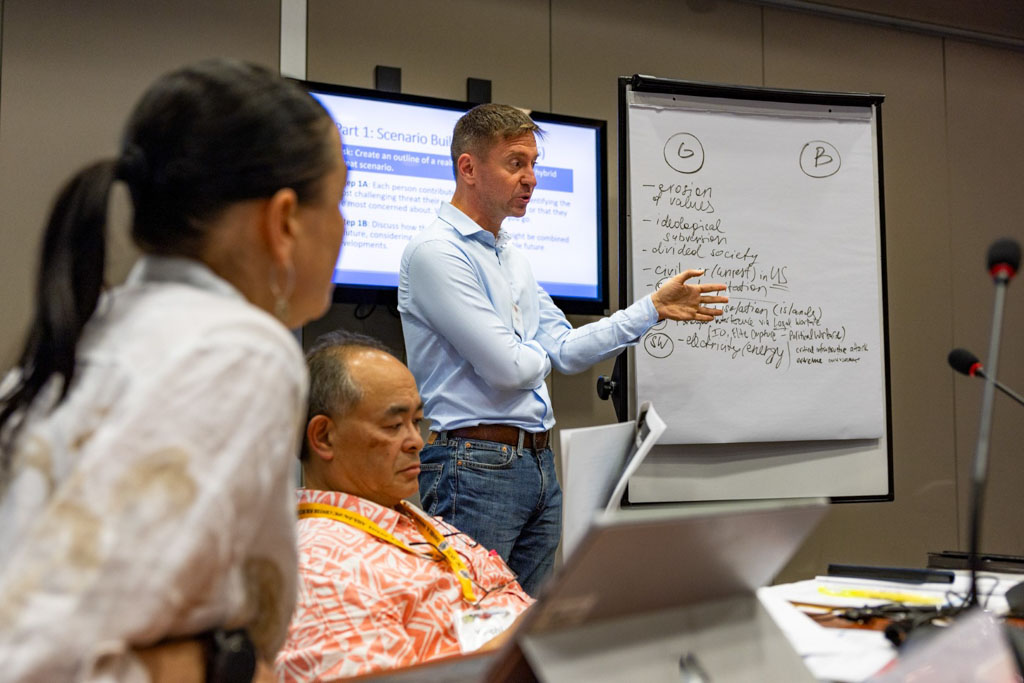
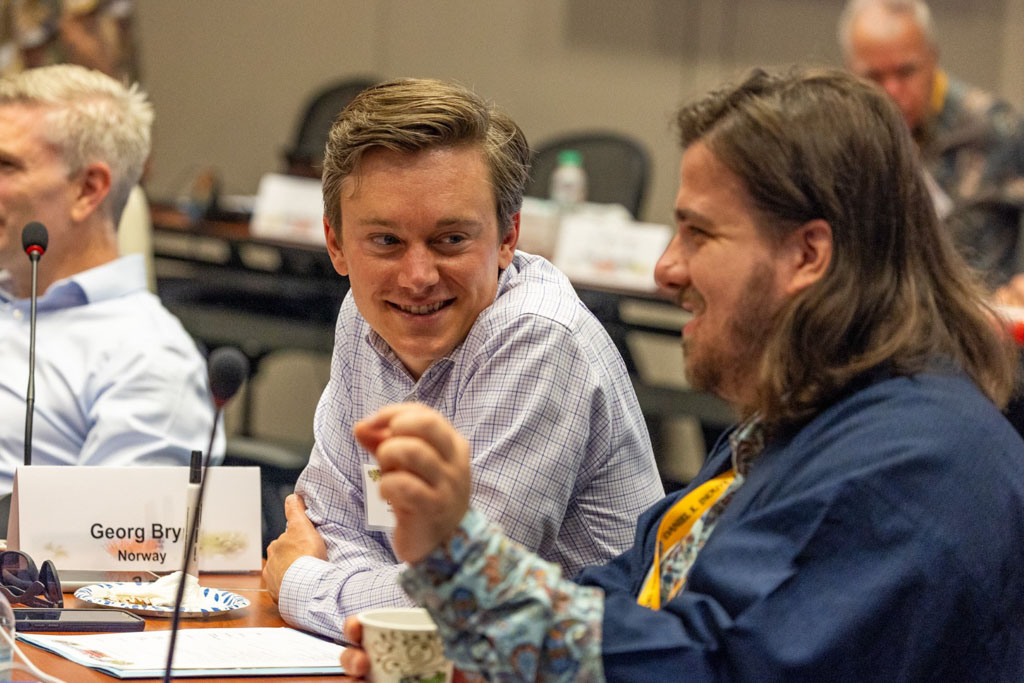
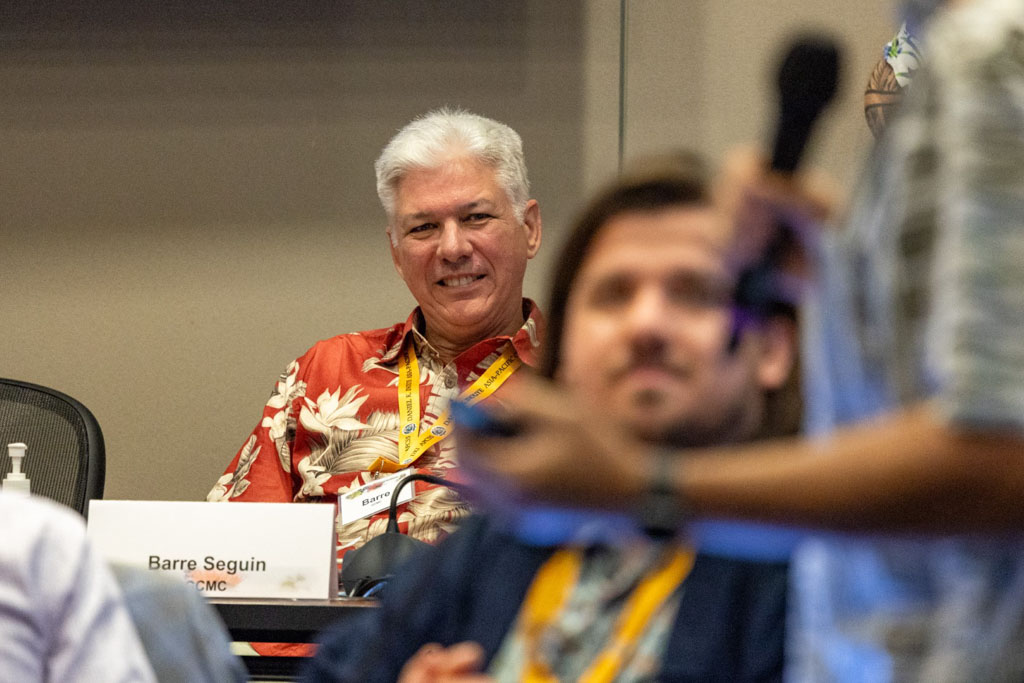
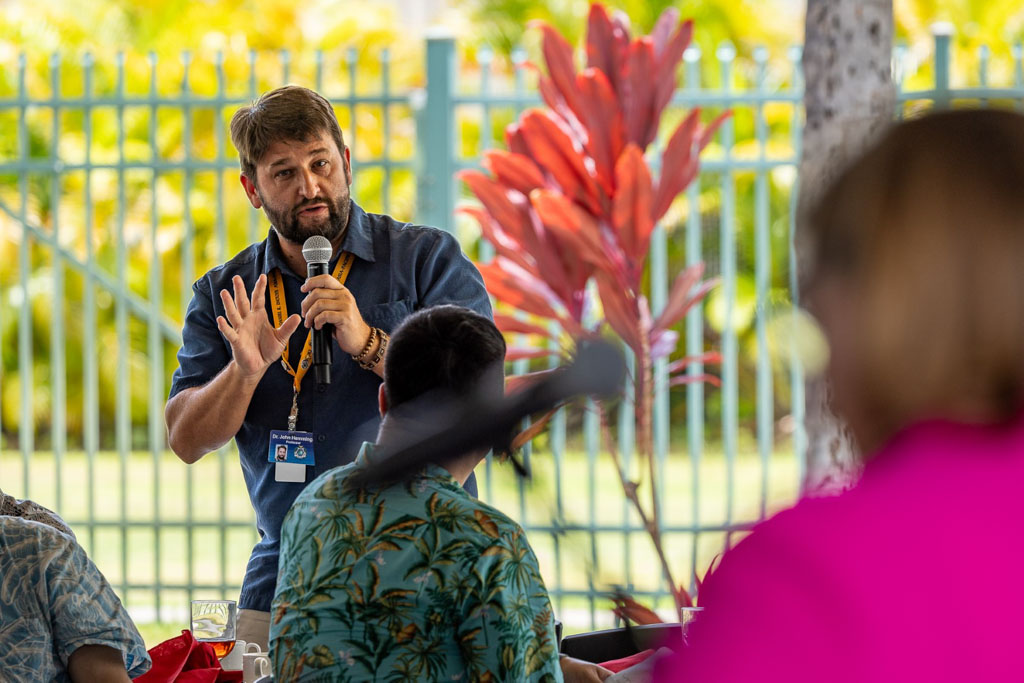
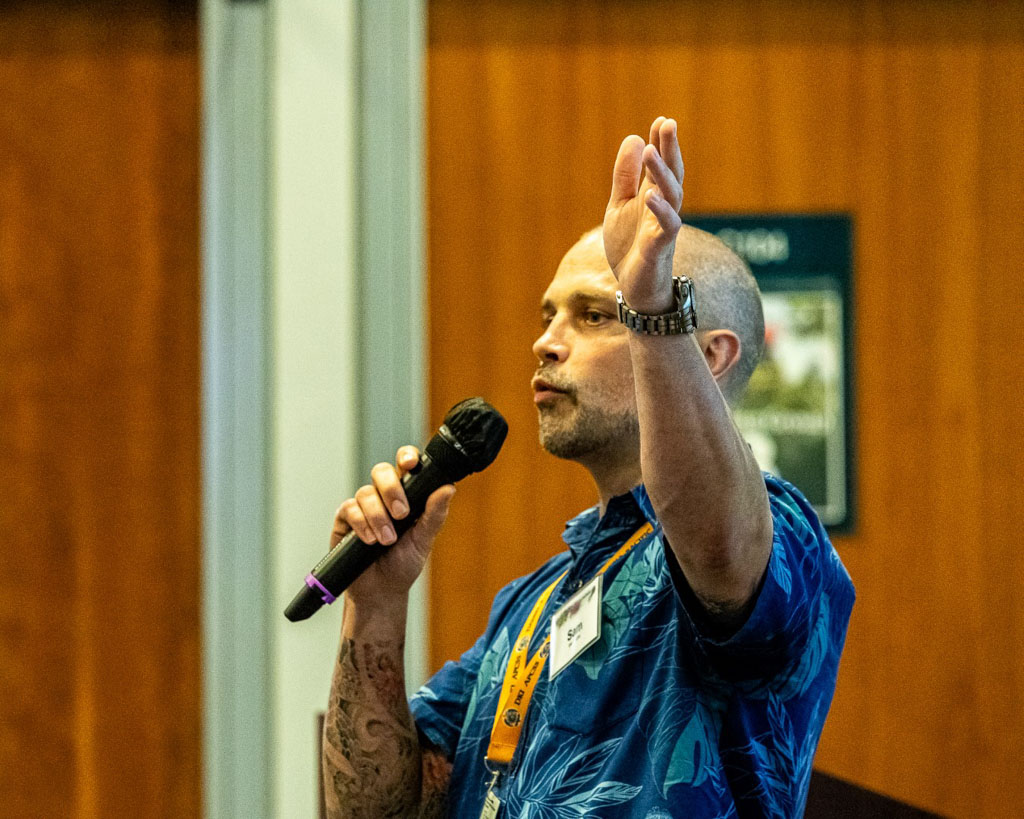
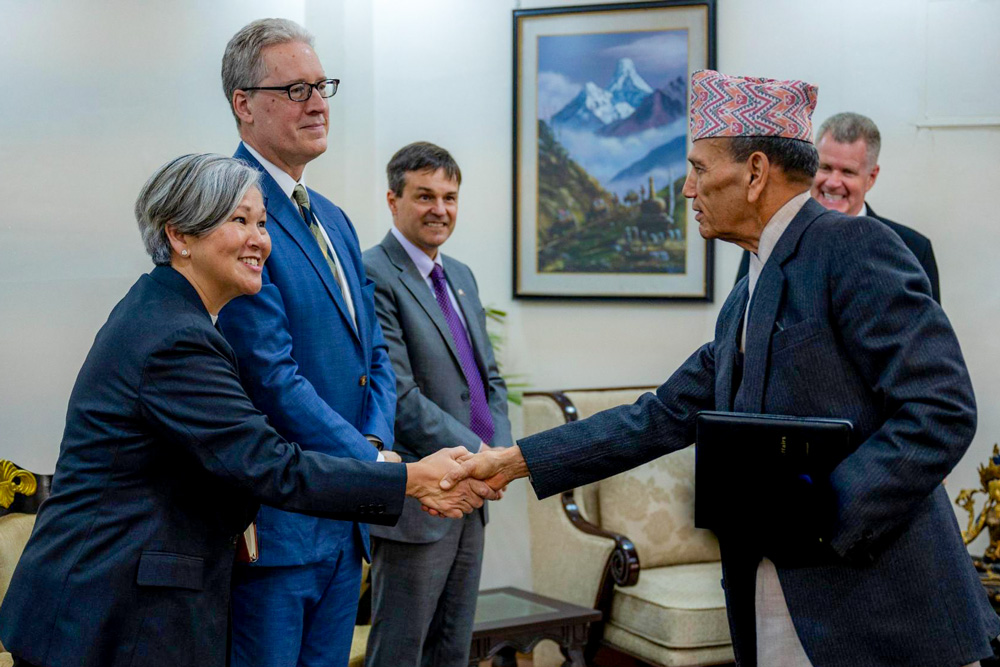
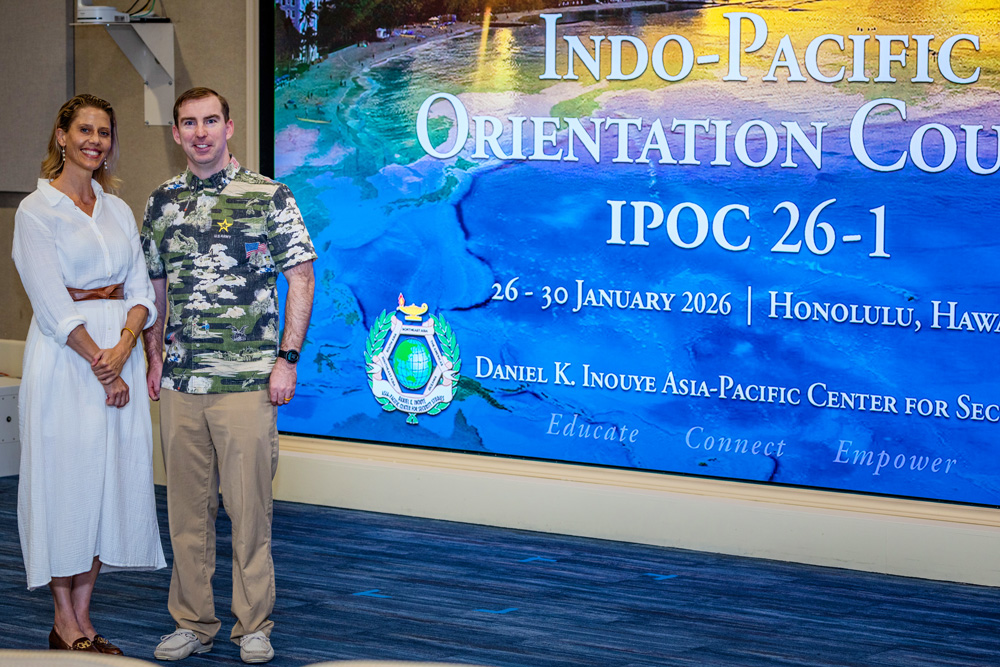





Leave A Comment